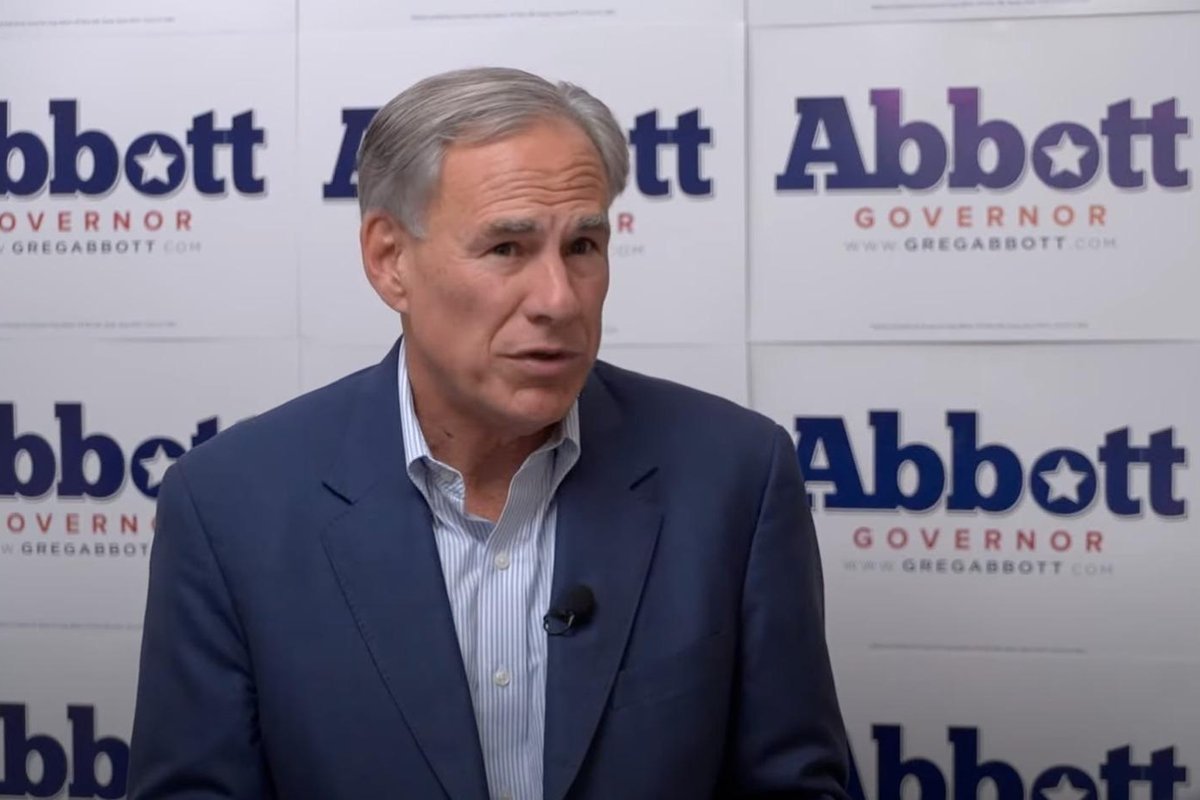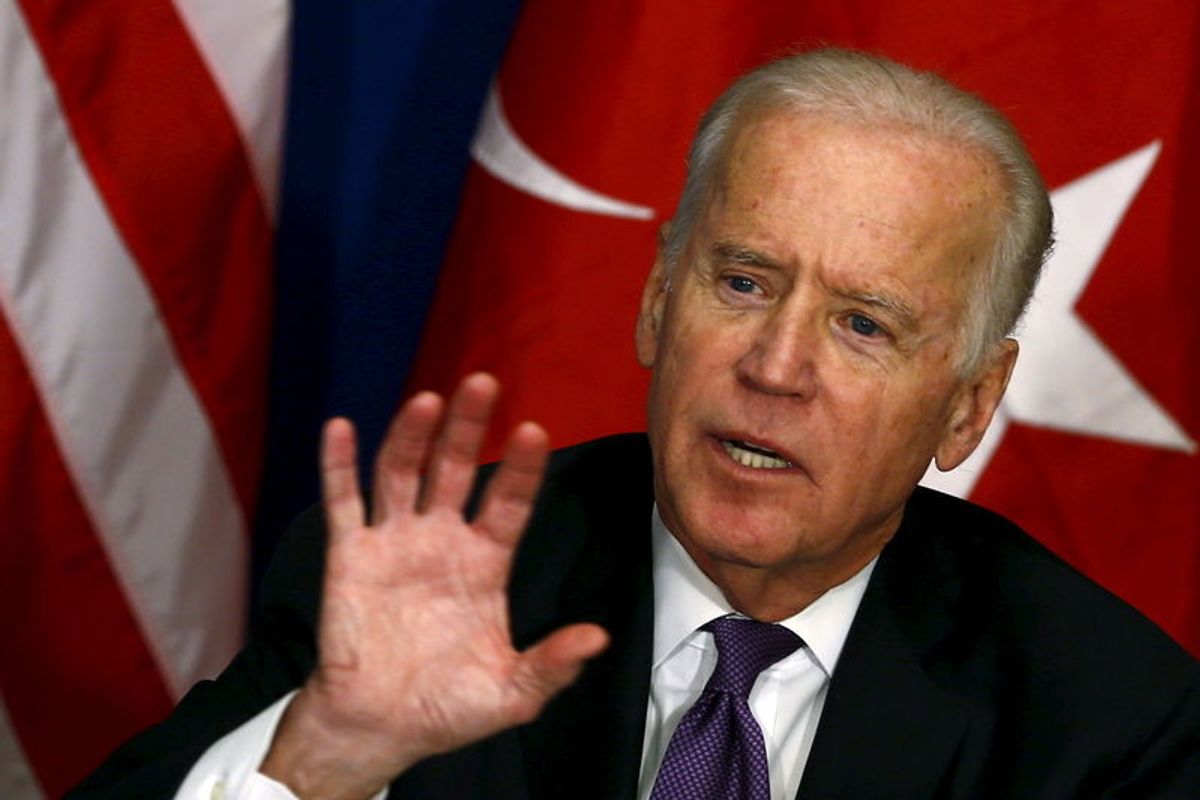The board that controls levees in and around New Orleans filed a lawsuit on Wednesday against nearly 100 oil and gas companies that have contributed to the erosion and loss of wetlands around the city.
The lawsuit, lodged by the Southeast Louisiana Flood Protection Authority–East, holds that oil and gas companies put New Orleans at greater risk of floods due to the loss of wetlands caused by their wells. Gas companies use pipelines and canals to support and connect their wells, which allows salt water to kill vegetation that normally stops coastal erosion. Despite the severity of the situation — as illustrated by the map above — not everyone in Louisiana is convinced a lawsuit against gas companies is the way to best protect oil-rich Louisiana.
The map shows that roughly 2,000 miles of coastal wetlands has disappeared in the past century. Much of this is a direct result of the canals and pipelines dredged by oil companies in the region. At least 10,000 miles of canals have been dredged to support the gas industry, which scientists estimate is responsible for between 35 and 42 percent of the land lost to erosion.
But, for Republican governor Bobby Jindal, the lawsuit does not correctly represent the interests of Louisiana citizens. “We’re not going to allow a single levee board that has been hijacked by a group of trial lawyers to determine flood protection, coastal restoration and economic repercussions for the entire state of Louisiana,” Jindal said.
Coastal Protection and Restoration Authority Chairman Garret Graves is also not convinced the lawsuit is the best measure to protect New Orleans. Graves argued that even if the board was able to reach a deal with oil companies, it would not get enough money to fix the coastline, which would cost $2 billion a year just to stop further erosion. Graves, however, did hint that something needs to be done to solve the issue.
“No one is saying that historic oil and gas activities did not leave scars,” Graves said. “What I am saying is that it is only a piece of the larger picture and you need to be very thoughtful and strategic as to how these issues are addressed in concert.”
But John Barry, the commissioner of the Flood Protection Authority, stood by their decision to file suit: “The board takes its responsibility to protect the lives and property of those within our jurisdiction very seriously,” Barry said in a response to Governor Jindal. “To continue to ignore an obvious cause of damage to the coast would, in our board’s opinion, be a dereliction of our duties.”
A lawsuit of this size against oil companies is unprecedented in traditionally oil-friendly Louisiana; gas companies have operated in Louisiana for over 70 years. In the 1930s, gas giant Texaco legally obtained marshland from the state to operate its business.
Photo: Louisiana Office of Coastal Activities



